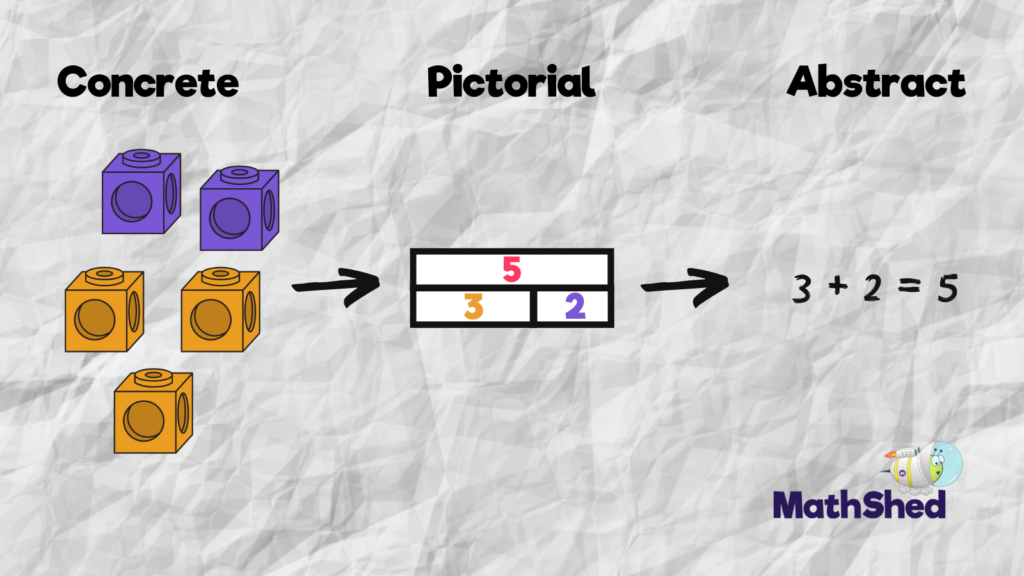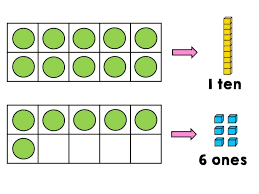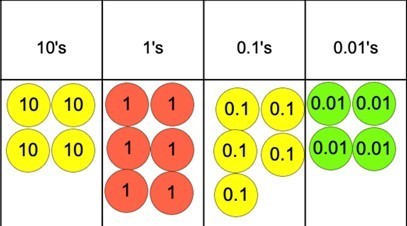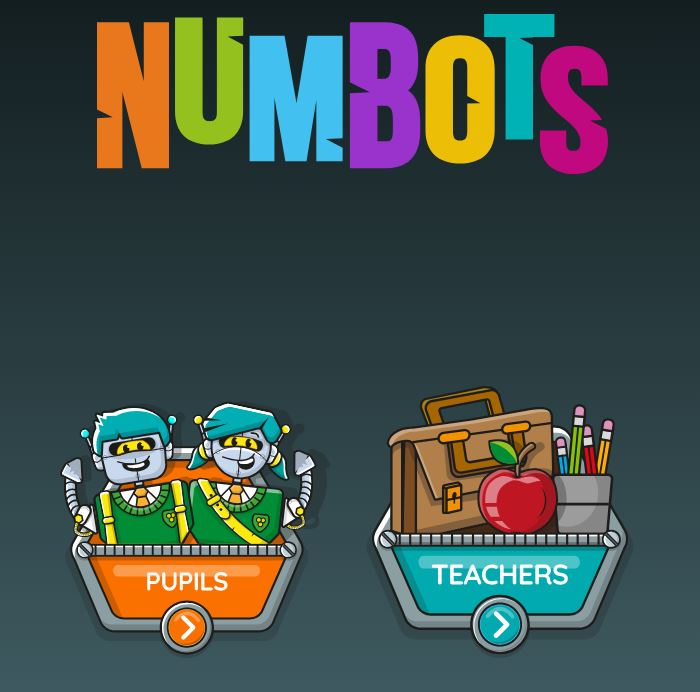Welcome to our maths page
When you think about all the times we encounter maths throughout a day we begin to understand just how important it is to our everyday lives. From visiting the shops to booking a holiday; from chores around the house to computer games, we never stop using numbers, measures, shapes and patterns. As children we need to know what time to come home, how to share sweets with our friends, how much water to add to dilute our squash, how much change we will get from the shop - without even knowing it they are using time, division, fractions and ratio and decimal numbers!
High-quality mathematics teaching provides a foundation for understanding the world, the ability to reason mathematically, an appreciation of the beauty and power of mathematics, and a sense of enjoyment and curiosity for the subject. We want our pupils to 'understand' maths rather than just be able to 'do' maths.
At Lockwood Primary School, we aim for all pupils to become confident, competent and resilient mathematicians who can make connections and spot patterns allowing them to move fluently between mathematical representations and ideas. As successful mathematicians, we want our pupils to not only be fluent in mathematical skills and procedures, but we want to enable them to solve problems, explain their thinking and have a positive attitude about themselves as learners. We encourage our children to develop a growth mindset, where mistakes are valued as an essential part of learning, so that children develop an enthusiastic and creative attitude towards mathematics that will stay with them throughout their lives.
We celebrate the importance and beauty of maths throughout the year with a range of events and competitions. Special assemblies, Math's Week and World Maths Day events and national and international arithmetic competitions creates excitement and engagement with Maths for all ages, both at home and at school.
How We Teach Mathematics
We have worked closely with our local DfE Maths Hub to introduced our maths curriculum based upon a ‘Teaching for Mastery’ approach. This involves the use of teaching strategies and plans that allow pupils to acquire a deep, long-term, secure and adaptable understanding of the subject. We use the White Rose scheme of learning as the basis of our curriculum planning which is then tailored to the needs of our pupils and is supplemented with other teaching for mastery resources. We are constantly reviewing and developing our maths curriculum to ensure it best meets the needs of all learners.
Our curriculum is designed to ensure careful and cumulative coverage, with a focus on the connectivity of mathematical concepts, taught, practised and revisited throughout the school year. We make sure that the sequencing of taught knowledge and skills enables strong progression of all pupils.
Sitting at the heart of the mastery approach is the use of Concrete, Pictorial, Abstract (CPA) approaches, a multi- sensory approach based on Jerome Bruner's modes of representation, helping make mathematics accessible for all. The CPA approach builds on children's existing knowledge by introducing abstract concepts in a concrete and tangible way using practical materials and real objects and then gradually moving to pictorial representations and diagrams. Ultimately, it leads to abstract symbols and equations.
The Teaching of Fluency
We intend for all pupils to become fluent in the fundamentals of mathematics through varied and frequent practice with increasingly complex problems over time so that pupils develop conceptual understanding and the ability to recall and apply knowledge rapidly and accurately.
At Lockwood we believe automaticity- the ability to recall math facts without any conscious thought process- is key to developing confident and successful mathematicians which is why we have introduced the National Centre for the Excellence in the Teaching of Mathematics (NCETM) Mastering Number programme in Reception and keystage one, as well as using this, alongside the White Rose Fluency Bee programme, in KS2. We also promote the use of the website based programmes, Numbots in keystage one, and Times Table Rockstars in keystage 2, as a fun and engaging way to improve automaticity of number bonds, and multiplication and division facts both at school and at home.
The Teaching of Reasoning
Mathematical reasoning is the ability to think logically and critically about mathematical ideas, making connections, and using those connections to solve problems and draw conclusions. We intend for all our pupils to reason mathematically by following a line of enquiry, testing ideas, exploring relationships and then developing an argument, justification or proof using correct mathematical vocabulary. We immerse our pupils in a vocabulary rich environment where pupils use working walls and stem sentences to help reduce cognitive load, making mathematics accessible to all. Maths talk is at the heart of all lessons as it not only promotes the precise application of mathematical language to help deepen understanding, it encourages curiousity, and builds confidence. It is the demonstration of an understanding of maths and not just 'knowing the answer'.
Manipulatives and pictorial representations support pupils to organise their thinking and structure their talk, providing a bridge from the concrete to the abstract.
The Teaching of Problem Solving
Problem solving helps pupils develop deeper mathematical understanding, improve their ability to connect ideas and apply strategies across various contexts.
At Lockwood, we aim to:
- teach pupils to use and compare different approaches to problem solving;
- show pupils how to interrogate and use their existing knowledge to solve problems;
- use worked examples to enable them to analyse the use of different strategies;
- encourage pupils to monitor, reflect on, and communicate their problem solving
- use real- life contexts for problems where possible.








